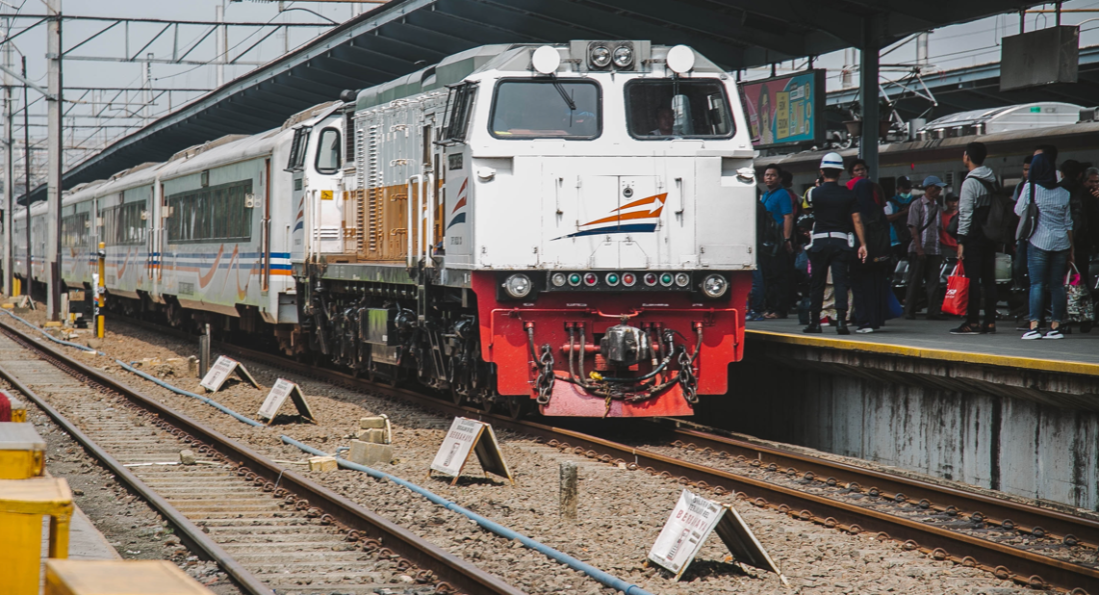
This question comes up a lot, and it’s a peril of knowledge:
“I think their kid might be autistic, but I don’t know what to say to them.”
My answers:
“I usually start with ‘Hi’ or ‘Hello.'”
“Do what I do – don’t say anything. Ever. For any reason.”
“You must be desperate to be asking me.”
This is a hard question.
Because you might be right, and their parents just might not know.
It’s hard not to intervene. To share and highlight where their child might be different. Where they could use understanding, support, people coming alongside.
It is the most well-meaning thing.
I don’t have a good answer.
I just have my own story.
Of course I feel I can spot other people’s children with autism right away. It sticks out, and even if it doesn’t, it sticks out to me.
I don’t have answers, so I do what I’ve learned to do best.
Talk.
Just talk.
No one really cares if you’re the first to suggest “the A word.”
But they care if you care about the things they care about.
If you’ve got neurotypical kids, share your challenges.
Tell your stories. Ask for theirs.
The common ground is where the truth is sown.
You can bring the warmth.
The growth is on them.


